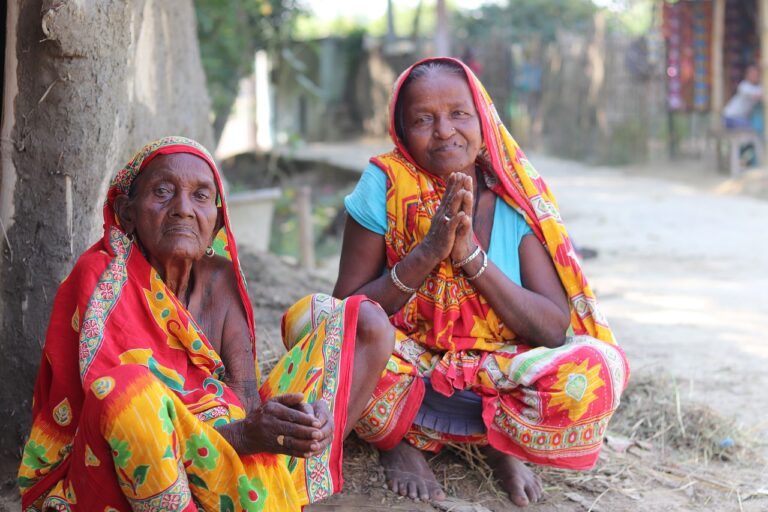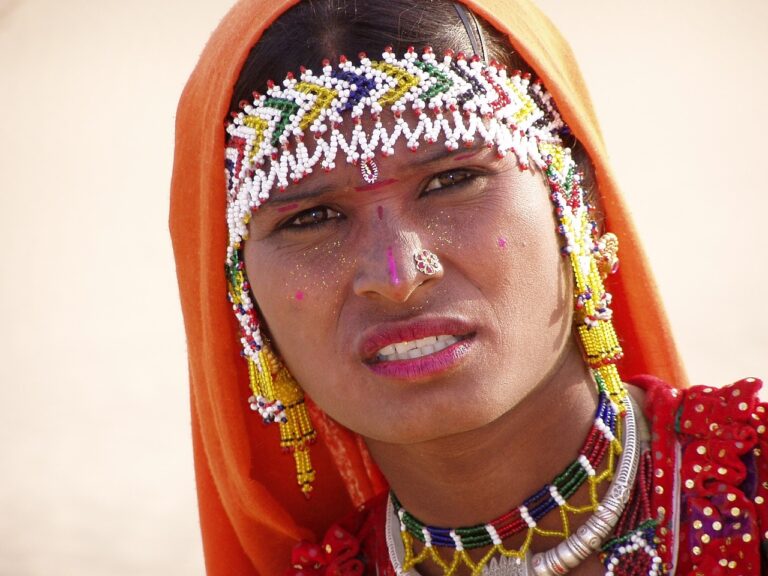The Psychology of Volunteer Team Dynamics: 11xplay .com, Diamondexch999 sign up, Skyexchange
11xplay .com, diamondexch999 sign up, skyexchange: The Psychology of Volunteer Team Dynamics
Have you ever been part of a volunteer team and wondered why some teams just click while others struggle to work together effectively? The dynamics of volunteer teams can be complex, influenced by a variety of psychological factors. Understanding these dynamics can help improve team cohesion and productivity, leading to a more successful volunteer experience for all involved.
1. Individual Motivations
Each team member brings their own unique motivations to the table. Some may be driven by a sense of altruism and a desire to give back to the community, while others may be seeking social connections or personal fulfillment. Understanding and respecting these differing motivations can help team members better support each other and work towards a common goal.
2. Group Identity
Developing a strong sense of group identity is essential for volunteer teams to function effectively. When team members feel a sense of belonging and connection to the group, they are more likely to collaborate and communicate openly. Building group identity can be fostered through team-building activities, shared goals, and regular check-ins to ensure everyone feels included and valued.
3. Communication Styles
Effective communication is key to successful team dynamics. Different team members may have varying communication styles, which can lead to misunderstandings and conflict if not addressed. Encouraging open and honest communication, actively listening to each other, and being receptive to feedback can help prevent communication breakdowns and foster a more cohesive team environment.
4. Leadership
Strong leadership is essential for guiding volunteer teams towards their goals. A good leader can inspire and motivate team members, delegate tasks effectively, and mediate conflicts when they arise. Leaders should lead by example, demonstrating a commitment to the team and its mission, and providing support and guidance to team members as needed.
5. Conflict Resolution
Conflict is inevitable in any team setting, including volunteer teams. How conflicts are handled can significantly impact team dynamics. Encouraging open and honest communication, actively listening to all perspectives, and seeking compromise and solutions that benefit the team as a whole can help resolve conflicts constructively and strengthen team relationships.
6. Diversity and Inclusion
Embracing diversity and promoting inclusivity within volunteer teams can enrich the team experience and lead to more innovative solutions. By valuing and celebrating different perspectives, experiences, and backgrounds, teams can tap into a wider range of ideas and solutions, creating a more dynamic and effective team dynamic.
FAQs
Q: How can team members build trust with each other?
A: Trust is built through consistent communication, reliability, and mutual respect. Being transparent, following through on commitments, and being supportive of each other can help foster trust within the team.
Q: What should I do if I notice a team member is struggling?
A: Reach out to the team member privately, offer support and assistance, and be understanding of their challenges. Encouraging open communication and providing resources and guidance can help the team member overcome their struggles and feel supported by the team.
Q: How can I contribute to a positive team dynamic as a team member?
A: Be proactive, collaborative, and respectful of your team members. Communicate openly, participate in team activities, and support your team members in achieving shared goals. By being a positive and engaged team member, you can help create a more cohesive and productive team dynamic.
In conclusion, understanding the psychology of volunteer team dynamics can help improve team cohesion, communication, and productivity. By recognizing and addressing individual motivations, fostering group identity, promoting effective communication, and embracing diversity, volunteer teams can work together more effectively towards their common goals. Strong leadership, conflict resolution skills, and a commitment to inclusivity are also crucial for creating a positive and successful team dynamic. Through these strategies, volunteer teams can create a supportive and fulfilling experience for all involved.







